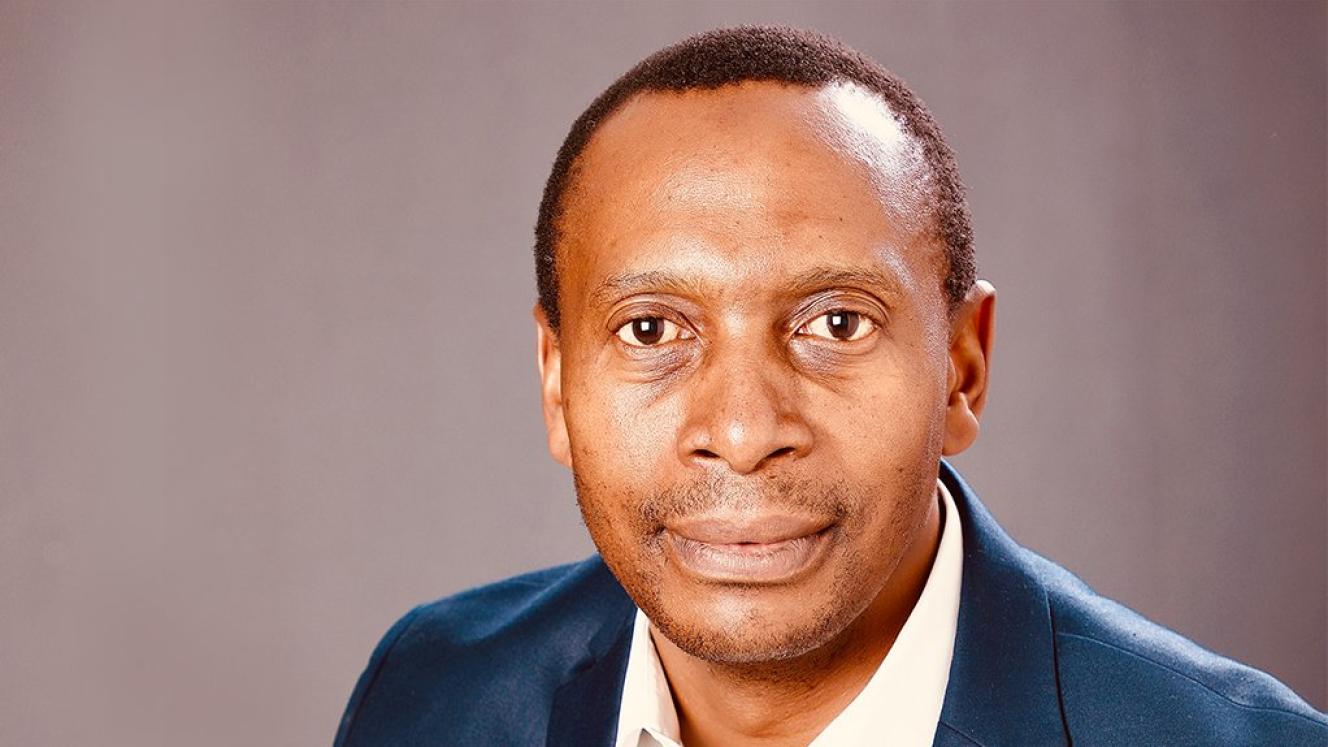The South African Nuclear Energy Corporation (Necsa) has secured government approval and R1,2 billion in funding for the second phase of its multipurpose reactor project, which involves detailed design work. Expanding South Africa’s production of medical and industrial isotopes, the new reactor will replace and complement the existing SAFARI-1 reactor.
“Necsa finds itself in a good geopolitical space as nuclear has become accepted as a safe carbon-free source of energy and all major countries around the world are pursuing nuclear build and research programmes,” said Necsa Group CEO Loyiso Tyabashe.
“We observe a positive trend and outlook for nuclear energy on a global scale. There is significant demand for nuclear products including clean and affordable energy as well as isotopes for medical applications and non-destructive testing. We are committed to developing and expanding our capacity to produce nuclear fuel and medical and industrial isotopes and chemicals.”
A major component of the programme is the construction of a new multipurpose reactor, which will replace and dovetail with the activity of the existing SAFARI-1 reactor. Commissioned in 1965, SAFARI-1 is a 20 MW research reactor at Necsa’s Pelindaba facility that has played a crucial role in radioisotope production, neutron research and industrial applications. It is one of the world’s leading producers of medical isotopes, including molybdenum-99 used in cancer diagnostics, and contributes significantly to South Africa’s foreign currency earnings through global isotope exports. Ensuring continued supply while expanding Necsa’s capabilities in nuclear medicine and isotope production, the new multipurpose reactor will operate on an industrial scale. It will produce radioisotopes for use in healthcare – the sale of which currently generates significant amounts of foreign currency and about 50% of the company’s revenue.
Necsa’s future strategy is built around six key focus areas:
- Front-end fuel supply development – Necsa will resume the production of nuclear fuel for existing reactors including uranium enrichment, conversion and fuel fabrication. It will also explore the production of tri-structural isotropic particle (TRISO) fuel, which is the encapsulated fuel used in pebble bed reactors. TRISO fuel capsules previously manufactured by Necsa have successfully completed multi-year testing.
- Small modular reactors (SMRs) – Necsa is considering a full range of SMR types and sizes with plans to establish a pilot plant in partnership with an international organisation still to be selected from among the 80 projects under development worldwide. “The partnership would leverage the current and legacy pebble bed modular reactor (PBMR) capabilities of Necsa. The pilot plant would allow investigation of power, heat and isotope production capabilities as well as fuel production possibilities,” said Tyabashe. Necsa will also explore deploying SMRs at decommissioned coal-fired power stations where existing infrastructure could reduce costs by up to 30%. Components from the previous PBMR programme will be transferred to Necsa from Eskom.
- Stabilisation of neutron source generation – Construction of the new multipurpose reactor will ensure a stable supply of neutron sources for various applications.
- Expansion of radioisotope production and services – Necsa plans to scale up its production of medical and industrial isotopes to meet growing global demand.
- Growth in fluorochemical production – Necsa aims to expand its fluorochemical manufacturing capabilities to include new products for the electronics industry.
- Skills development and nuclear awareness – Necsa is working to increase awareness and expertise in nuclear science within the organisation and at schools and universities. “Necsa has links with several universities that offer courses in nuclear studies and several postgraduate students are studying with Necsa,” said Tyabashe.













